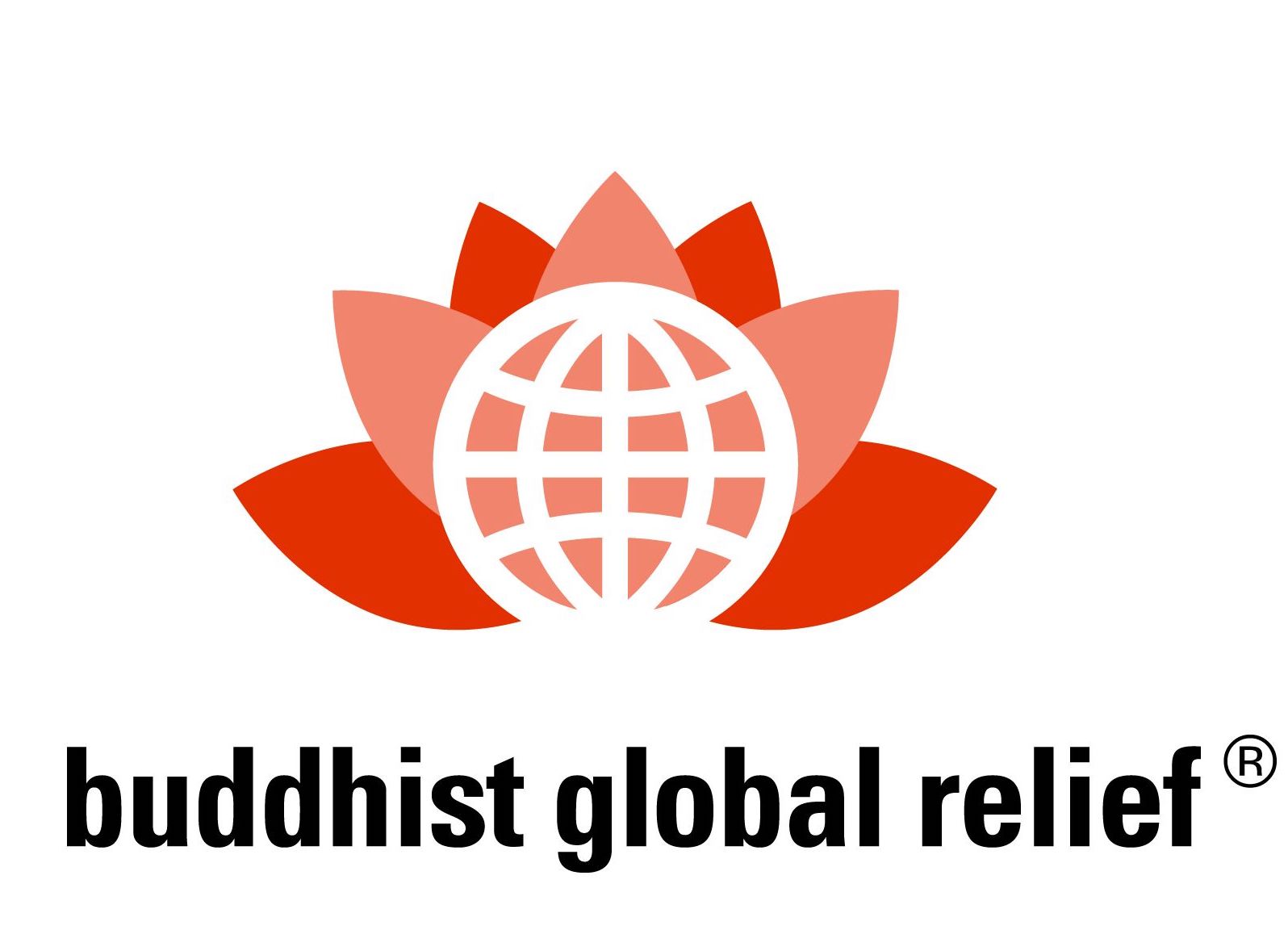
Mozambique ranks 185th out of 191 countries on the United Nations Development Programme’s Human Development Index. The economy in Mozambique is primarily based on agriculture, a sector whose labor force is nearly 90 percent women. In Inhambane province, the food security of approximately 125,000 people has reached “crisis” level, meaning that many households are not consuming enough food and have high levels of malnutrition, while others are adopting unsustainable coping strategies—such as selling assets that support their livelihoods—to support a limited diet.
In conjunction with USAID’s Bureau for Humanitarian Assistance, longtime BGR partner CARE has developed the HER Resilience (Helping Empower Rural Livelihood and Resilience) program, focusing on sustainable livelihood diversification, climate-smart agriculture, and gender equity. For this project, CARE is activating a multisectoral approach to increase the resilience of farmer groups to the negative impact of periodic climate shocks and vulnerability to food insecurity by improving their access to and use of critical resources and innovative agriculture techniques. The project aims to directly benefit 800 small-scale farmers, 560 of them women.

Mozambique ranks 185th out of 191 countries on the United Nations Development Programme’s Human Development Index. The economy in Mozambique is primarily based on agriculture, a sector whose labor force is nearly 90 percent women. In Inhambane province, the food security of approximately 125,000 people has reached “crisis” level, meaning that many households are not consuming enough food and have high levels of malnutrition, while others are adopting unsustainable coping strategies—such as selling assets that support their livelihoods—to support a limited diet.
In conjunction with USAID’s Bureau for Humanitarian Assistance, longtime BGR partner CARE has developed the HER Resilience (Helping Empower Rural Livelihood and Resilience) program, focusing on sustainable livelihood diversification, climate-smart agriculture, and gender equity. For this project, CARE is activating a multisectoral approach to increase the resilience of farmer groups to the negative impact of periodic climate shocks and vulnerability to food insecurity by improving their access to and use of critical resources and innovative agriculture techniques. The project aims to directly benefit 800 small-scale farmers, 560 of them women.




